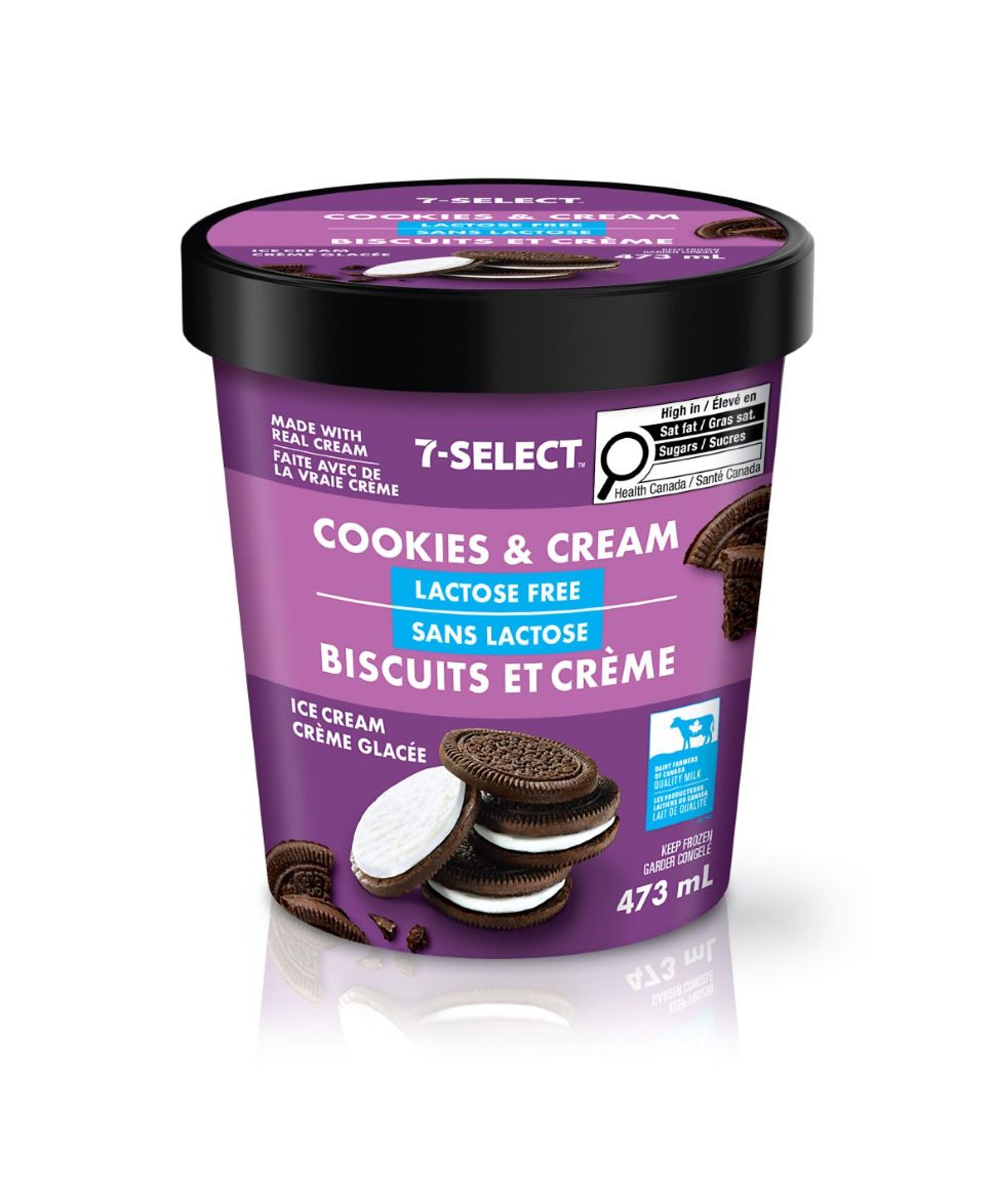Private brand to restore order amidst global trade disorder
Canadian shoppers and convenience retailers are feeling the uncertainty of U.S. trade policy. Tariffs are creating cost and product supply volatility. Geopolitics are forcing Canadian retailers into snap decisions on vendors, supplier agreements and the products that line their shelves.
Convenience retailers regularly review and renew contractual agreements to prioritize national or local vendors whenever practical to offer high quality products and value for our customers. For example, all 7-Eleven Canada’s chicken and Big Bite hot dogs served are Canadian, as are many of the snack foods we offer.
But one of the challenges in collaborating with some national and local vendors is the time it takes for them to scale to meet our needs. The manufacturing capability in Canada for many products are still a work in progress.
In these instances, there are no alternatives available to incurring an imposed tariff resulting in rising costs for consumers.
Against the geopolitical fracas, customers are making their intentions loud and clear. Every day at our stores, we see shoppers making more deliberate choices and increasingly choosing made-in-Canada products. The “Buy Canadian” or “Avoid American” product movement is real—69% of Canadians have reduced their purchases of American-made products in stores, as reported in Leger’s April 2025 tariff tracker.
Like many Canadian retailers, 7-Eleven Canada has placed shelf tags identifying both “Made in Canada” and “Product of Canada” to help consumers make informed buying decisions.
How can convenience retailers source and price products that meet the needs of the price-conscious and place-of-origin conscious shoppers? How can we expand our selection of products manufactured in Canada?
At 7-Eleven Canada, we are growing our Canadian-made private-brand product offerings and putting in place a reliable supply chain to meet the needs of our customers. This strategy will help us restore some order as retailers contend with the threat of U.S. tariffs and a weak Canadian dollar. It’s an approach that we believe will make us more resilient to instability in the global trading order.
Private-brand products present an opportunity for growth
We introduced our private brand, 7-Select, to Canadians in 2010. Since then, this product line has been well received by our customers and has shown substantial growth.
We’re continuing to scale up our private brand strategy by expanding relationships with existing vendors and finding new local partners to deliver more high-quality 7-Select offerings that are made in Canada, like our new 7-Select take-home ice cream, made in Edmonton with 100% Canadian dairy, recently launched in five delicious flavours.
We are using 7-Select to support local manufacturers, keep prices competitive and drive unit sales. Our vendor partners help us create new private brand products, based on our specifications, that we then market and sell under the 7-Select brand. Our 7-Select Burritos, one of our many “on the go” meals, are produced in Ontario. Our bottled spring water is sourced out of Nanton, Alta.
Sourcing locally allows us to get products to market quickly—speeding up the sampling and refinement processes to make sure the products meet our specifications and exceed customer expectations. It also allows our product team to connect with manufacturers and build relationships for more efficient collaboration and decision-making.
The numbers back up a private brand strategy
Private brand products are growing in prevalence because many customers prefer them. A recent study by Ernst & Young shows us that 40% of those who try private brand say they don’t intend to return to national brands.
Our own data also backs this up. Private brand shoppers spend more money in our stores, visit more often, and on average have a larger basket size than a non-private brand buyer. Shoppers are not only open to alternatives but are becoming loyal to them.
Ernst & Young has said that private brand is growing faster in Canada than in most global markets. Twice as many Canadian customers are purchasing these products compared to five years ago.
As an industry, one of our competitive advantages is innovation and adaptation. Strategies like private branding and local sourcing, help retailers build resilience in response to global trade tensions, and meet customer expectations for more made-in-Canada private-brand products.







